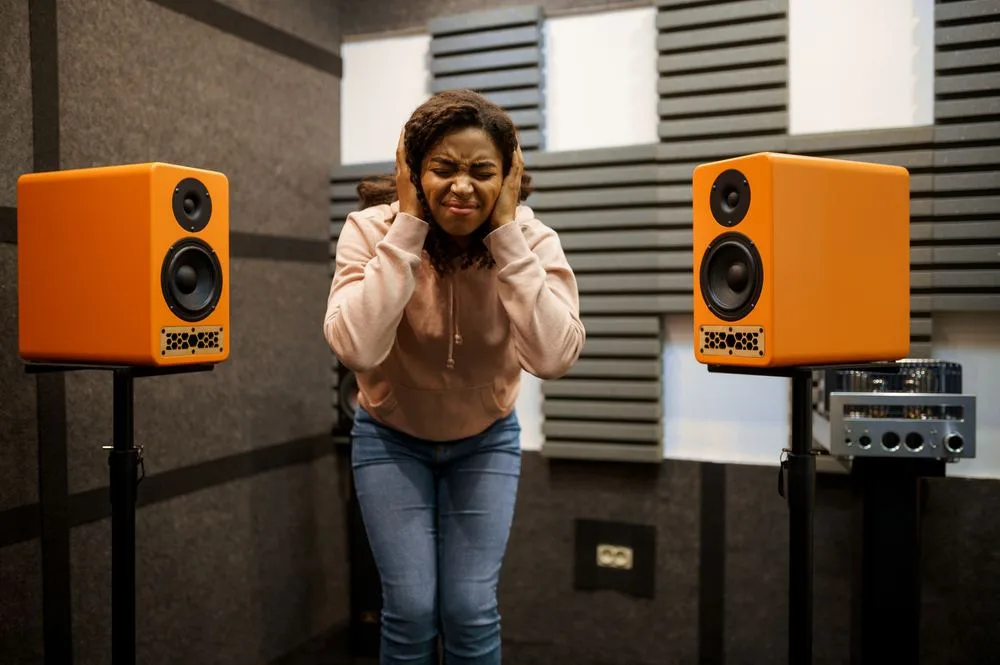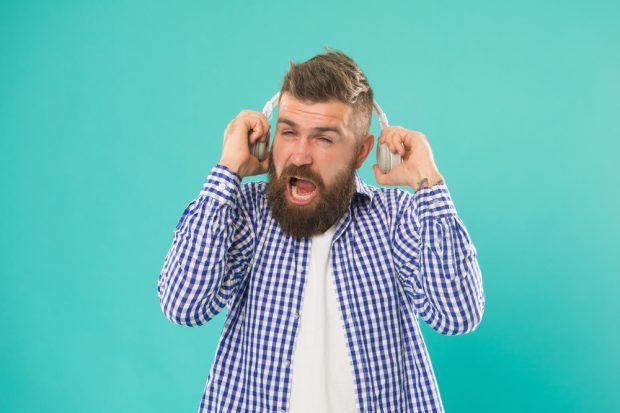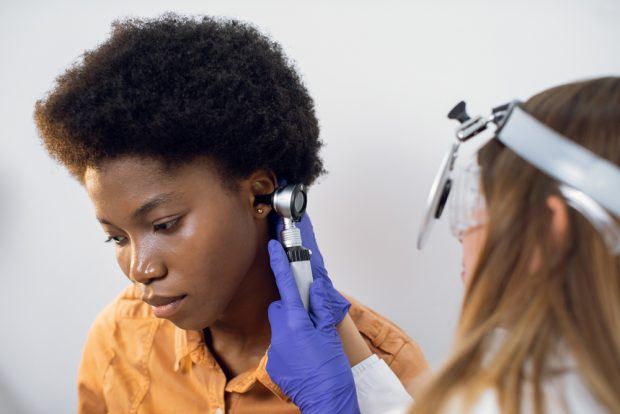Is the world getting too loud? Granted, if you’re older, you may be more conscious of how loud your surroundings can be. That said, how well one can hear shouldn’t just be the concern of older people. In fact, if young people want to reduce their risk of hearing loss which results in buying cheap hearing aids, then they might want to turn the music down.
A billion young people at risk of hearing loss
According to The World Health Organization (WHO), 1 in 4 people is expected to have hearing problems by 2050, with young people facing an increased risk to their use of personal listening devices (PLDs), such as smartphones, headphones, and earbuds. Coupled with regular visits to events that feature loud music, it’s clear that the next generation’s hearing may be at risk.
Ye, that amounts to just over a billion young people globally!
As such, it is important for regulatory bodies to formulate policies that will help safeguard aural health. To help start off this journey, researchers from the Department of Otolaryngology-Head & Neck Surgery at the University of South Carolina decided to measure the prevalence of unsafe listening practices among teens and young adults. Their intention was to estimate the number of young people who could be at risk of hearing loss from unsafe listening worldwide.
For the recent study, published in the BMJ Global Health, the researchers examined data from 33 studies from 20 countries, which included a total of 19 046 participants aged 12 to 34. 17 of the studies focused on PLD use, which featured 8987 participants. The remaining 18 studies focused on loud entertainment venues, and they had 10 059 participants.
“We focused on unsafe listening from use of personal listening devices such as smartphones and loud entertainment venues such as bars, concerts, and nightclubs, both of which are highly common in young people,” says Lauren Dillard, Ph.D., the lead study author. Dillard is also a doctor of audiology at the Medical University of South Carolina in Charleston.
The researchers then estimated the global number of young people who would be at risk of hearing loss.
The world is too loud for your ears
“It is estimated that 0.67–1.35 billion adolescents and young adults worldwide could be at risk of hearing loss from exposure to unsafe listening practices.”
The study also revealed that around one in four people has their headphones’ volumes at dangerously high levels. Additionally, nearly half of the participants attend concerts with unsafe noise levels.
That said, Dillard and her team acknowledge that their study does have some limitations. One is that the study did not account for influential factors like demographic details. The study also did not directly measure hearing loss.
Nonetheless, Dillard and her team still believe that their findings are enough for governments to begin promoting safe listening practices.
How loud is too loud?
According to the Centers for Disease Control and Prevention (CDC), a safe listening level is an average of 85 decibels over a span of 40 hours a week. The CDC acknowledges that exposure at or above this level for too long can be hazardous.
Unfortunately, the aforementioned study found that young listeners would often raise their volumes to as high as 105 decibels, and venues often range from 104 to 112 decibels.
“Damage from unsafe listening can compound over the life course, and noise exposure earlier in life may make individuals more vulnerable to age-related hearing loss,” the researchers said.
What is the impact of hearing loss?
Hearing loss can be debilitating to both a child’s and an adult’s quality of life. Not only can it cause poor academic performance in children, which can lead to reduced motivation and concentration, but it can also have a psychological impact on adults.
According to a study published in JAMA Network Open, self-reported hearing loss was associated with a greater incidence of psychological distress and increased rates of antidepressant and antianxiety medication use and utilization of mental health services.
Protecting against noise
With hearing loss being the third most common chronic physical condition in the United States, the risk of danger to your auditory health is quite high. That said, there are a few ways for you to protect your hearing and prevent it.
The first tip starts at home and your use of earphones or headphones. As enjoyable as it can be jamming to your favorite song at full blast, it would be advisable not to do so at full volume. Most cell phones do have a feature that will alert you when your content is too loud, so we suggest that you listen to it. Try to also take a break from the music occasionally and opt for the surrounding sounds.
Secondly, if you are going to an event that will be filled with loud music, we propose that you take earplugs with you. A 2018 study found that concertgoers who used earplugs they were randomly supplied with experienced significantly fewer incidences of hearing loss in tests done at the end of the show.
If you don’t have any ear protection with you, try finding quiet areas to take a break from the noise. Also, avoid being too close to the source of the noise, such as the loudspeaker or the DJ’s booth.
MAIN IMAGE CREDIT:Nomad_Soul/Shutterstock
References
Bigelow, R. T., Reed, N. S., Brewster, K. K., Huang, A., Rebok, G., Rutherford, B. R., & Lin, F. R. (2020). Association of Hearing Loss With Psychological Distress and Utilization of Mental Health Services Among Adults in the United States. JAMA network open, 3(7), e2010986. https://doi.org/10.1001/jamanetworkopen.2020.10986
Dillard LK, Arunda MO, Lopez-Perez L, et alPrevalence and global estimates of unsafe listening practices in adolescents and young adults: a systematic review and meta-analysisBMJ Global Health 2022;7:e010501.
Kraaijenga, V. J. C., van Munster, J. J. C. M., & van Zanten, G. A. (2018). Association of Behavior With Noise-Induced Hearing Loss Among Attendees of an Outdoor Music Festival: A Secondary Analysis of a Randomized Clinical Trial. JAMA otolaryngology– head & neck surgery, 144(6), 490–497. https://doi.org/10.1001/jamaoto.2018.0272







![women [longevity live]](https://longevitylive.com/wp-content/uploads/2020/01/photo-of-women-walking-down-the-street-1116984-100x100.jpg)









